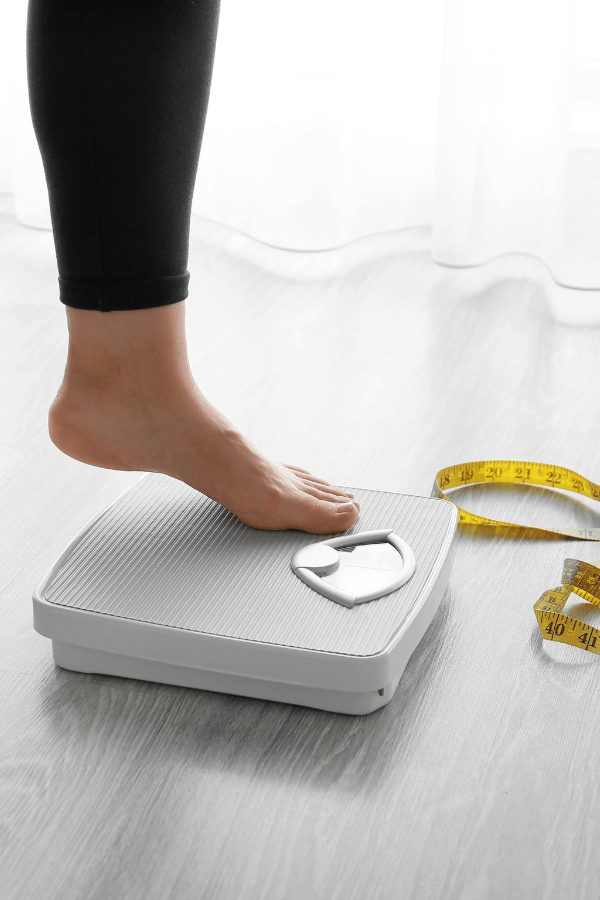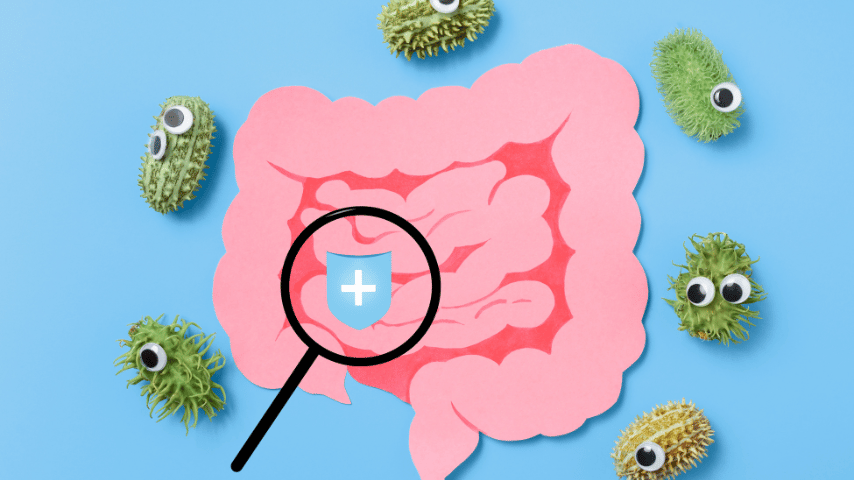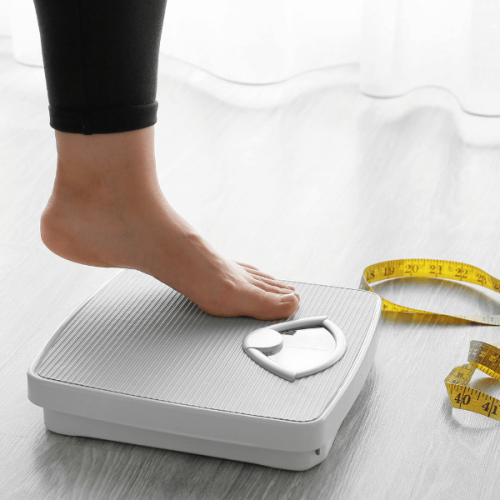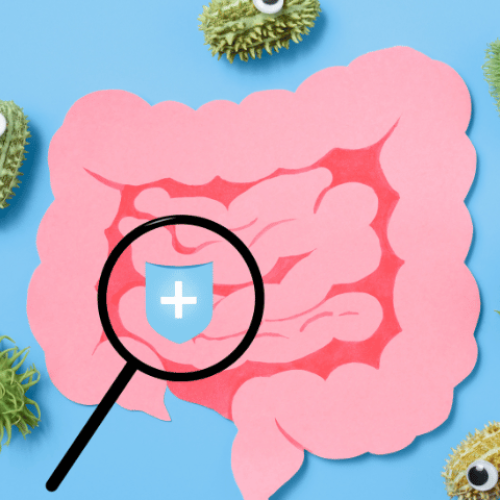Intermittent fasting (IF) has become increasingly popular in recent years as a dietary strategy for health improvement. I believe the main reason it’s so popular is because it’s simple. There are a million and one diets that all have unique sets of food rules, however, with fasting there are no rules on what you can or cannot eat. IF is promoted for weight loss, increased longevity, improved brain function and mental clarity, and reduced risk of chronic disease, but what does the research say?
Let’s dive in! Is intermittent fasting an evidence-based approach or is it just another diet culture trend?
In this post we’ll cover:
- What is intermittent fasting
- The benefits of intermittent fasting
- The cons of intermittent fasting
- Who should not intermittent fast
- My opinion
What is intermittent fasting?
Intermittent fasting involves alternating periods of eating with periods of not eating.
There are a variety of different ways to intermittent fast. The most popular one I’ve seen in my practice is the 16:8 approach, where individuals fast for 16 hours of the day, and eat freely for 8 hours. For example, an individual eats between 12 pm to 8 pm and then fasts from 8 pm until 12 pm the next day.
Other popular fasting schedules are 18:6, 20:4, OMAD (one meal a day), or weekly approaches such as the 5:2 approach, where individuals eat regularly for 5 days and then fast for 2 days.
For most people, only water is allowed to be consumed while fasting, however, others allow tea, coffee, and low-calorie foods or drinks.
Intermittent fasting is sometimes combined with a calorie deficit for weight loss, but it doesn’t have to be.

The benefits of intermittent fasting
- Compared to more restrictive fad diets, intermittent fasting could be psychologically easier as there is less worrying about “Can I eat this?”, or “Should I eat that?”.
- IF can help with weight loss by restricting a person’s food intake and creating a calorie deficit.
- IF may help to improve blood cholesterol levels.
- IF may have benefits for cognitive function and longevity.
- *I also have a personal belief that there are religious/spiritual benefits to occasional fasting.
While there is some promising research on the potential benefits of intermittent fasting, unfortunately, the evidence is very limited, oftentimes conflicting and some claims are based only on animal studies. Therefore, we need more extensive research on humans to get a clear picture of the potential health benefits of intermittent fasting before recommending it as a health intervention.
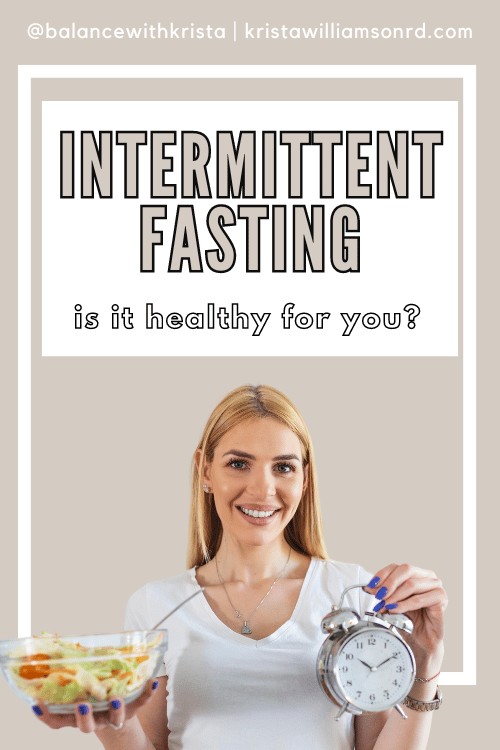
The cons of intermittent fasting
1. Depending on the length of your fast, you could experience:
- headaches
- nausea
- dizziness
- fatigue
- increased stress
- irritability
- dehydration
- flu-like symptoms
- constipation
2. The lack of high-quality research and human studies.
3. Intermittent fasting could feel restrictive.
4. IF could lead to increased feelings of guilt or shame about eating food if eating outside of your “eating window”.
5. IF teaches you to dissociate from your body’s natural hunger cue which can decrease body trust.
Who should not start intermittent fasting
People who are:
- living with diabetes and taking insulin
- experiencing hypoglycemia
- taking medications that are required to be taken with food
- pregnant
- breastfeeding
- underweight
- living with eating disorders or have a history of disordered eating

My opinion
When someone comes to see me and expresses interest in starting intermittent fasting, I first want to learn the motivation behind their decision. Asking “why” can reveal important insights into their goals and desires. Every person is unique, and certain people may benefit from intermittent fasting. However, I find myself more often than not discouraging people from IF when it is for non-religious reasons and I’ll tell you why.
I discourage the use of all restrictive eating rules and patterns, not just IF.
My goal is always to improve the well-being of my client – not just their physical health, but their mental, social and spiritual health.
When you restrict your eating window, a variety of things could happen:
- you may miss out on a social event with friends, or attend but restrict yourself from eating food
- it becomes more difficult to provide your body with the nourishment it needs which could lead to nutrient deficiencies
- you might feel crappy (more hungry, headaches, irritable, etc.)
- it could lead to increased stress, disordered eating, binge eating, or hiding food
- it could harm your relationship with food and cause you to feel more guilt and shame if you eat outside of your window
- you have to ignore your body’s hunger cue and follow the rules instead
I work daily to help improve my client’s relationships with food, help them tune into their body’s hunger cues, and help them stop feeling guilty for eating food. When I think about optimizing health, I think about forever – because your body and your health are yours forever. Thinking about restricting your intake and worrying about rules forever sounds like a plan I don’t want to join.
Here’s another thought: many people are already doing intermittent fasting (skipping breakfast) without calling it IF and have poor health. So in my opinion, it is not the behaviour of intermittent fasting itself that is healthy. (This opinion could change with progressing research). But technically you could fast for 16 hours and then go wild eating McDonald’s for 8 hours which we all know is the opposite of health-promoting.
IMO: A person’s eating patterns, lifestyle patterns, and relationship with food are much more important to their health and well-being than whether or not they intermittently fast.
Ultimately, nutrition is unique and extremely nuanced – different methods can work for different people. My preference is an eating plan that feels easy to do, is realistic to maintain, and is less restrictive. I encourage a more balanced approach to optimize health and well-being.
PLEASE NOTE:
I’d love to know if this was helpful to you! All blog posts are written for general nutrition improvement and should only be used as a guide. This article is intended for educational purposes only and is not designed to diagnose, treat, prevent or cure any condition. It is not specific advice for any individual. Before adding supplements to your regimen, please speak to your healthcare professional.

